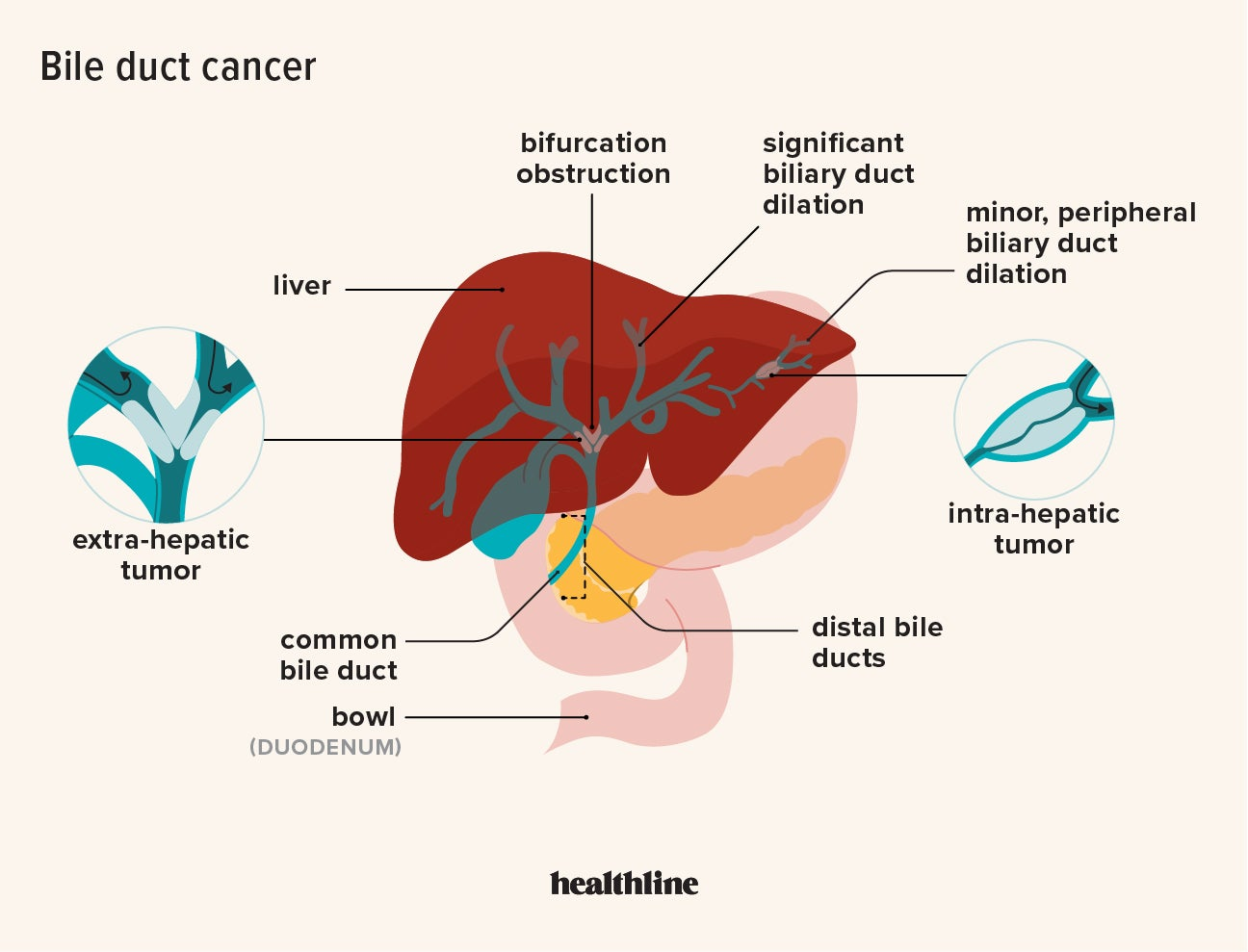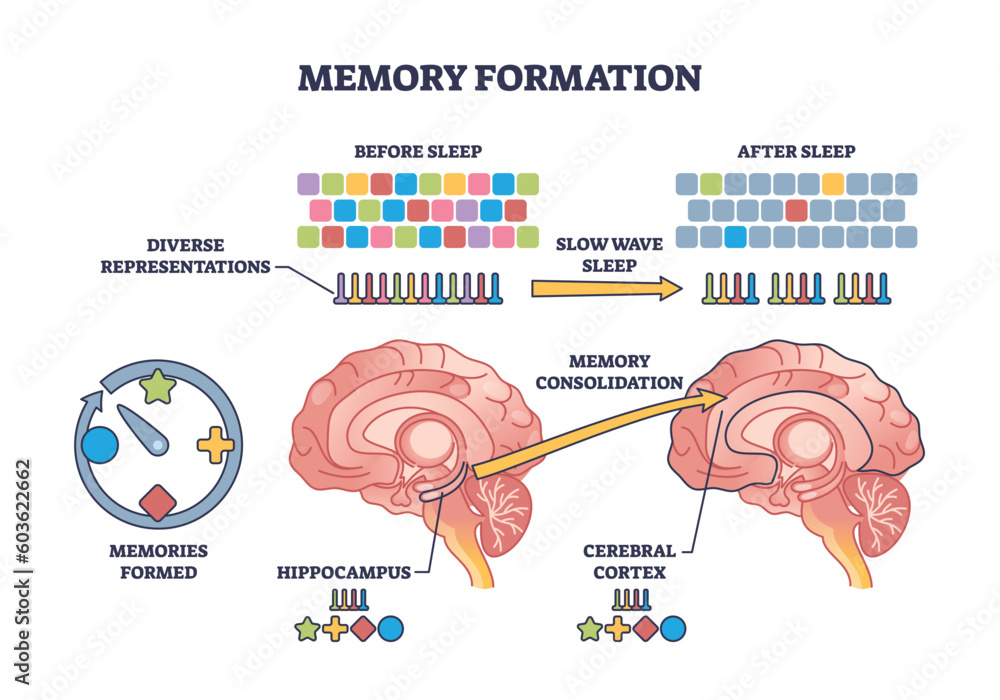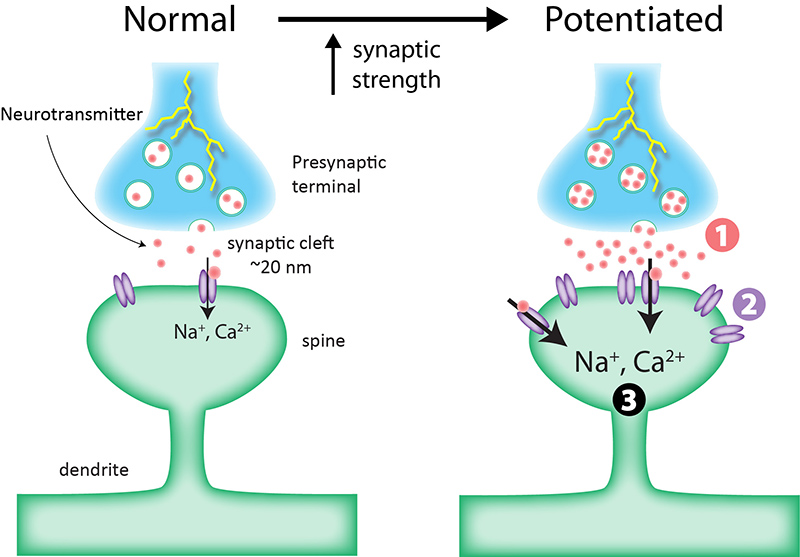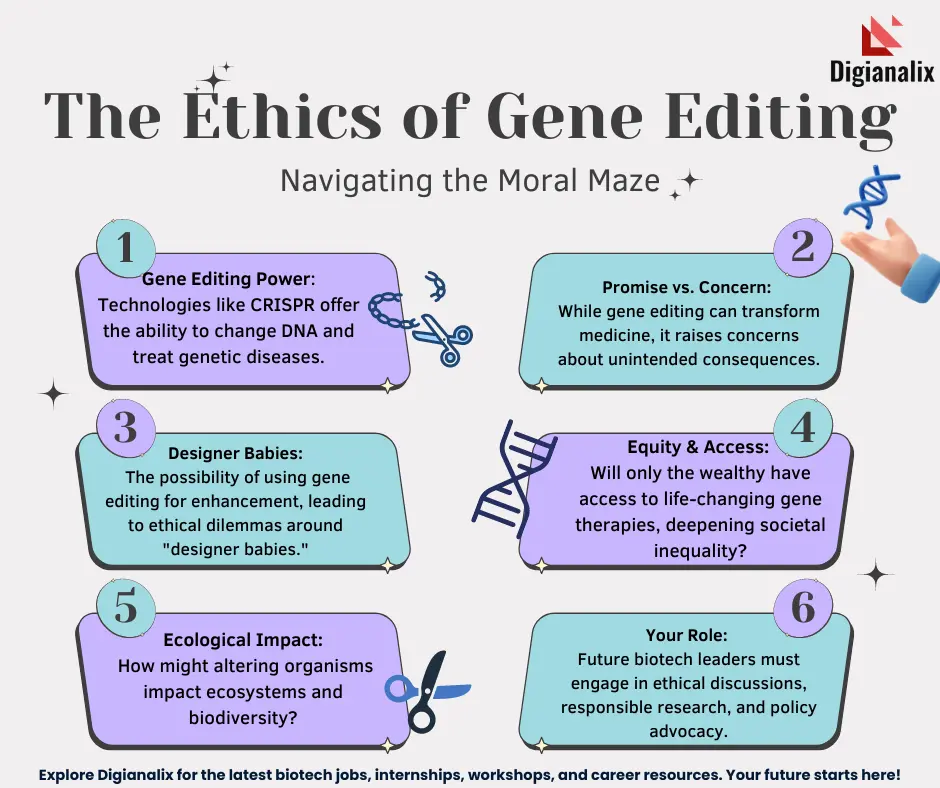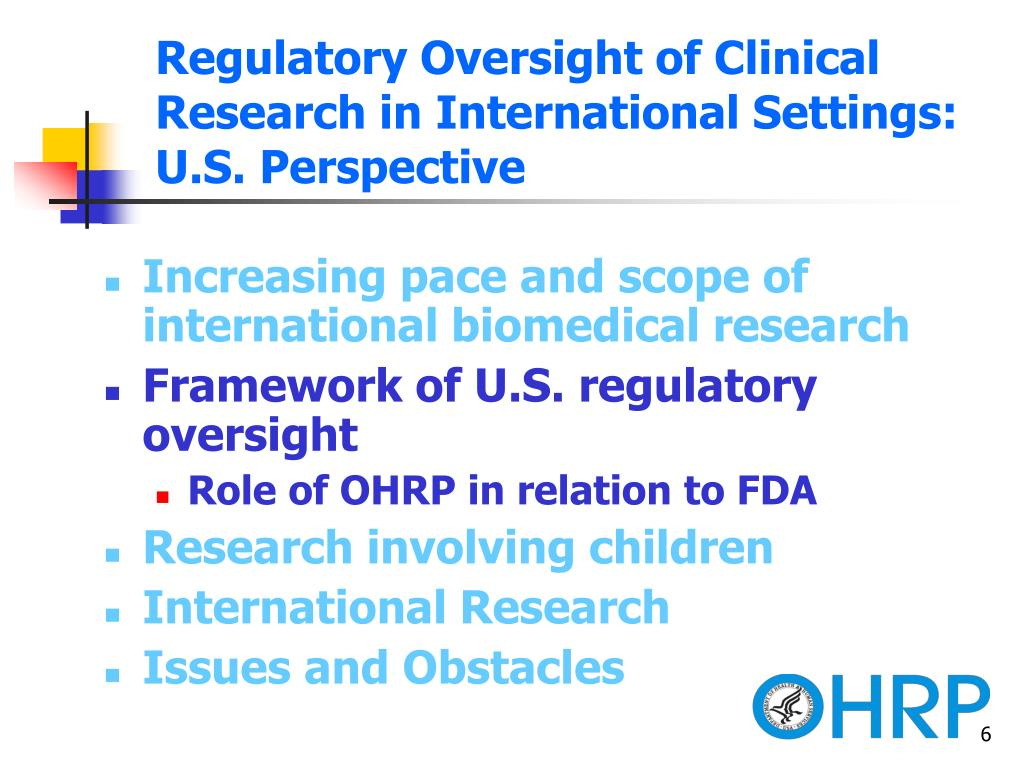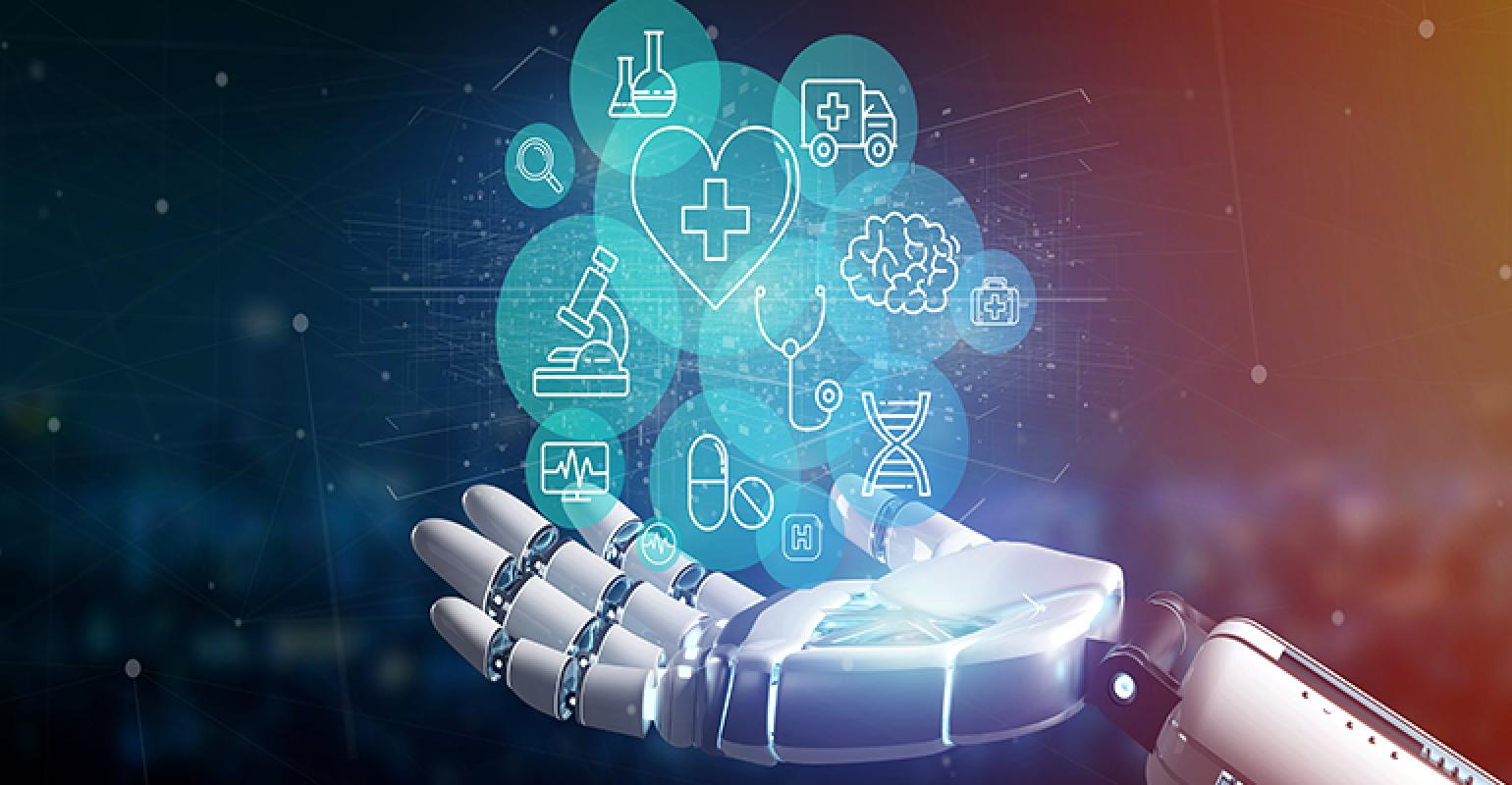
Artificial intelligence in healthcare is poised to revolutionize how medical professionals diagnose and treat patients. The integration of AI medical applications can greatly enhance the efficiency of healthcare delivery, allowing practitioners to access vital information and support during patient interactions swiftly. In recent years, digital health innovations have emerged, emphasizing the potential of AI to optimize clinical workflows and reduce human error. Experts envision a future where healthcare AI substantially improves decision-making processes and enhances the patient experience, bridging gaps and improving equity in care. As the field evolves, it highlights the critical role that artificial intelligence will play in shaping the next wave of medical research and practice.
The integration of AI technologies within the medical field promises to transform patient care significantly. Advances in machine learning and computational models are redefining how practitioners approach diagnosis and treatment, heralding a new era of intelligent medicine. These modern tools not only assist in clinical decision-making but also streamline operations, addressing prevalent challenges in healthcare systems. As we look towards a future characterized by smart healthcare solutions, the interplay between technology and human expertise will be crucial in harnessing the full potential of these innovations. By focusing on collaborative models, we can ensure that advancements in artificial intelligence align with the core values of compassionate patient care.
Transformative Impact of AI in Healthcare
Artificial intelligence (AI) is rapidly transforming the landscape of healthcare, with promising applications that reshape patient care and medical operations. AI technologies, particularly large language models (LLMs), now allow clinicians to access vast medical knowledge almost instantly, drastically reducing the time spent on research tasks. This capability mirrors the transformative influence of the internet on information access, signifying a potential leap in efficiency and decision-making within healthcare. Experts believe that as healthcare professionals begin to integrate AI into their workflows, they will experience enhanced productivity and a more streamlined approach to patient interactions.
However, this transformation is not without its challenges. The medical community must address biases inherent in the data used to train AI systems, which can lead to disparities in care. As healthcare practitioners increasingly rely on AI for diagnostic suggestions and treatment options, it’s crucial to ensure that these systems are developed with equitable data representation. The future of healthcare AI depends not only on technological advancement but also on a commitment to ethical standards that prioritize improving patient outcomes for all demographics.
The Future of Healthcare with AI Innovations
The future of healthcare is inextricably linked to the continued evolution of AI innovations. With advancements like ambient documentation and intelligent clinical decision support systems, healthcare will become more personalized and responsive. AI can potentially alleviate the burdens of administrative tasks, allowing healthcare providers to focus on patient care rather than paperwork. This shift is expected to lead to deeper doctor-patient relationships, as physicians spend more time engaging with patients and understanding their concerns without being distracted by note-taking and scheduling.
Moreover, as AI continues to develop, its role in facilitating access to healthcare will only expand. For instance, AI can help identify and reduce regions suffering from a shortage of primary care, making healthcare more accessible to underserved populations. The integration of AI within telemedicine platforms can enhance outreach, providing timely and accurate consultations for patients regardless of their geographic location. In this evolving landscape, embracing digital health innovations will be essential for fostering a more efficient and compassionate healthcare system.
AI Medical Applications Revolutionizing Patient Care
AI medical applications are revolutionizing patient care by streamlining processes and enhancing the accuracy of diagnoses through sophisticated data analysis. Advanced algorithms can now analyze patient information from diverse sources, allowing for more informed and swift clinical decisions. These AI applications are not confined to diagnostics but extend into treatment recommendations and patient monitoring, essentially creating a more integrated approach to healthcare management.
Furthermore, the prospect of AI-driven second opinions is becoming a reality. For instance, a case where a mother used ChatGPT to investigate her child’s persistent symptoms led to a correct diagnosis after a series of misdiagnoses. This story exemplifies how AI can serve as a reliable adjunct in clinical practice, providing healthcare professionals with valuable insights and confirming or refining their assessments. Such AI-enabled interactions highlight the necessity of integrating these tools into everyday medical practice to enhance patient outcomes.
The Role of AI in Medical Research
AI’s influence extends significantly into medical research, where it fosters rapid advancements in our understanding of diseases and treatment pathways. Through the analysis of vast datasets, AI can uncover patterns that were previously undetectable through traditional research methods. This capability not only accelerates the discovery of new therapies but also enhances the precision of clinical trials, ensuring that diverse patient populations are considered in research efforts.
Moreover, AI aids in predicting patient responses to various treatments, allowing for more personalized medicine. Researchers are leveraging AI-driven models to assess the efficacy of new drugs significantly faster than before, making it possible to bring breakthroughs to market more efficiently. As a result, the landscape of medical research is evolving, with AI acting as a pivotal partner in overcoming historical challenges and opening new frontiers in biomedical exploration.
Leveraging AI for Enhanced Decision-Making in Healthcare
As AI continues to permeate the healthcare industry, its potential for enhancing decision-making processes is becoming increasingly significant. Algorithms trained on extensive clinical data provide healthcare professionals with insights that improve patient outcomes by facilitating quicker and more informed choices. For instance, AI tools can predict which treatment protocols are likely to work best for specific patient profiles, thereby minimizing trial and error in clinical care.
Moreover, the integration of AI-driven decision support systems into clinical workflows enables real-time analysis of patient data, offering practitioners valuable recommendations based on the latest evidence-based guidelines. This shift allows physicians to leverage the collective intelligence of AI while maintaining their clinical judgment, ultimately leading to more effective treatment plans and improved patient safety.
Tackling Biases in AI for Equitable Care
The deployment of AI in healthcare brings to the forefront the critical challenge of addressing data biases that may perpetuate health disparities. Historical data often reflect systemic inequalities, which can result in AI systems making biased recommendations or predictions. This raises ethical concerns regarding the use of AI in clinical environments where fairness in treatment is paramount. Hence, it is vital for developers and healthcare providers to collaborate on ensuring that the data used to train AI systems is representative of diverse populations.
Moreover, proactive steps must be taken to monitor and correct biases in AI outcomes continually. By engaging with community stakeholders and health equity researchers, the AI implementation process can be refined to mitigate biases that impede access to quality care. Without addressing these biases head-on, the potential of AI to transform healthcare could reinforce existing inequities rather than alleviate them.
The Education of Future Healthcare Professionals in AI
Integrating AI into medical education is essential for preparing future healthcare professionals to navigate an increasingly technology-driven landscape. Training programs must evolve to include AI literacy as a fundamental component of the curriculum, ensuring that students are equipped to leverage these tools effectively in clinical practice. By familiarizing medical students with AI applications and their ethical implications, educators can cultivate a generation of practitioners who are capable of harnessing technology for improved patient care.
Additionally, innovative educational methodologies utilizing AI can enhance learning experiences for medical students. For instance, the development of virtual patient simulations powered by AI can allow students to practice clinical skills in a safe environment. As the healthcare field continues to evolve, ongoing education concerning AI applications in medicine is imperative to maintain high standards of care and foster adaptive learning among healthcare professionals.
Ensuring Safety and Accuracy with AI in Healthcare
Despite the promising prospects of AI in healthcare, ensuring the safety and accuracy of these technologies remains a top priority. The phenomenon of ‘hallucination,’ where AI generates inaccurate or fabricated information, poses significant risks in medical contexts. It is critical for healthcare providers to maintain oversight of AI recommendations and to validate AI-generated outputs with established clinical knowledge. By doing so, clinicians can mitigate the risks associated with relying too heavily on AI without human intervention.
Furthermore, strict regulations and quality control measures are essential to safeguard patient data and ensure that AI systems perform reliably within clinical settings. Continuous evaluation of AI systems should be a standard practice, fostering an environment where both providers and patients can trust the integration of these powerful tools. Ensuring the accuracy and reliability of AI in healthcare will ultimately determine its long-term success and acceptance.
Fostering Collaboration between AI and Healthcare Professionals
The collaboration between AI technologies and healthcare professionals will be crucial in reimagining the future of medicine. As AI tools become more sophisticated, healthcare providers must embrace these innovations to enhance patient care rather than perceive them as threats to their roles. By viewing AI as a supportive colleague, clinicians can utilize its capabilities to reinforce their decision-making processes and enrich their interactions with patients.
This shift in perspective is already beginning to take shape, with many healthcare professionals experimenting with AI tools to manage tasks that were once tedious. As collaborations between AI systems and human practitioners strengthen, the potential to revolutionize healthcare practices will expand. Encouraging environments where AI and healthcare professionals work together will drive innovation and ensure that the focus remains on improving patient outcomes.
Frequently Asked Questions
What role does artificial intelligence play in healthcare today?
Artificial intelligence in healthcare is revolutionizing patient diagnosis, treatment options, and data management. AI medical applications such as diagnostic tools, predictive analytics, and personalized medicine help improve the efficiency and accuracy of medical processes, ultimately enhancing patient care.
How can AI medical applications improve patient outcomes?
AI medical applications enhance patient outcomes by providing healthcare professionals with smarter decision-making tools. These technologies analyze vast amounts of data to suggest accurate diagnoses, recommend personalized treatments, and predict patient responses, thus enabling timely interventions and reducing errors.
What are some examples of digital health innovations driven by AI?
Digital health innovations driven by AI include telemedicine platforms that utilize chatbots for triage, wearable devices that monitor health metrics in real-time, and applications that analyze medical histories to predict future health issues. These solutions improve accessibility and efficiency in healthcare delivery.
What is the future of healthcare AI and its impact on medical education?
The future of healthcare AI promises to transform medical education by offering interactive learning tools such as virtual patients and AI-driven diagnostic simulators. These advancements allow medical students to practice clinical skills in realistic scenarios, enhancing their preparedness for real-world challenges.
How does AI contribute to advancements in medical research?
AI and medical research are intrinsically linked; AI technologies streamline data analysis, enabling researchers to uncover new insights from complex datasets and accelerate the discovery of novel treatments. Machine learning algorithms can identify patterns in data that provide breakthroughs in understanding diseases.
What are the ethical considerations surrounding AI in healthcare?
Ethical considerations surrounding AI in healthcare include addressing biases present in training datasets, ensuring patient privacy, and maintaining the integrity of the doctor-patient relationship. It is crucial to design AI systems that prioritize equitable care and minimize the risk of misinformation.
How can AI help reduce the administrative burden on healthcare providers?
AI in healthcare automates routine administrative tasks, such as documentation and appointment scheduling, which alleviates the burden on healthcare providers. This allows physicians to focus more on patient care, enhancing overall job satisfaction and reducing burnout.
What challenges does AI face in the healthcare landscape?
Despite its potential, AI in healthcare faces challenges such as data quality issues, lack of standardization in AI applications, resistance from healthcare professionals, and concerns about patient trust. Addressing these hurdles is critical for successful AI integration into healthcare systems.
How can AI and human clinicians collaborate in patient care?
AI can work alongside human clinicians by providing data-driven insights, supporting clinical decisions, and offering second opinions. This collaboration enhances the capabilities of healthcare providers, ensuring patients receive comprehensive and informed care.
What measures can be taken to address biases in AI healthcare systems?
To address biases in AI healthcare systems, it’s essential to use diverse and representative training data, implement regular audits of AI algorithms, and involve stakeholders from various demographics in the design process. This can help ensure fairness and equity in AI applications.
| Aspect | Description |
|---|---|
| AI’s Role | AI is expected to enhance medical care, improve efficiency, and reduce physician burnout. |
| Medical Libraries | Apps like OpenEvidence provide instant access to medical literature, improving patient care. |
| Optimizing Doctor-Patient Interactions | AI can reduce administrative tasks and enable deeper patient interactions. |
| Bias in AI | AI systems can perpetuate existing biases if not properly managed, impacting disadvantaged groups. |
| Patient Safety | AI has potential to reduce mistakes and enhance patient safety through better medication management. |
| Education | AI’s integration into medical education can help train better doctors while addressing educational biases. |
Summary
AI in healthcare is transforming the way medical professionals interact with technology and patients. The potential for AI to enhance efficiency, reduce burnout, and provide better patient outcomes marks a new era in medicine. However, it also brings challenges such as bias in algorithms and the risk of misinformation. As AI continues to evolve within healthcare systems, it is crucial that we harness its capabilities responsibly to ensure it serves the best interests of all patients.

